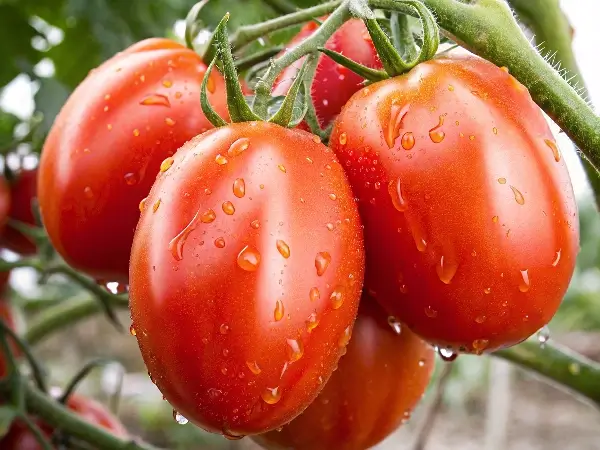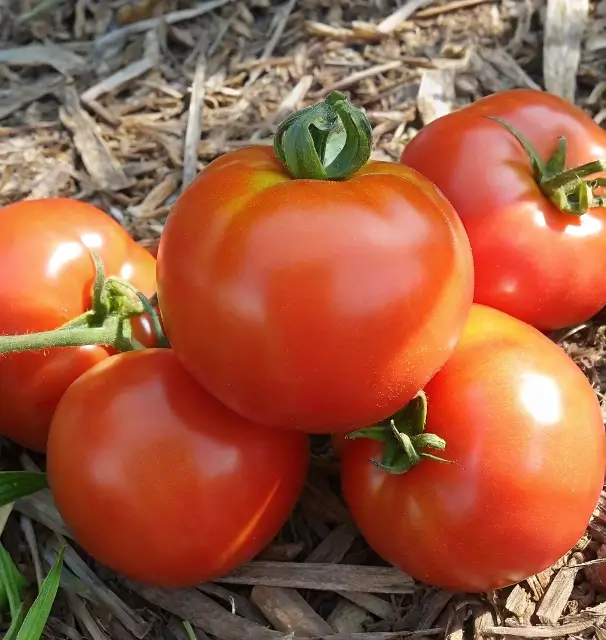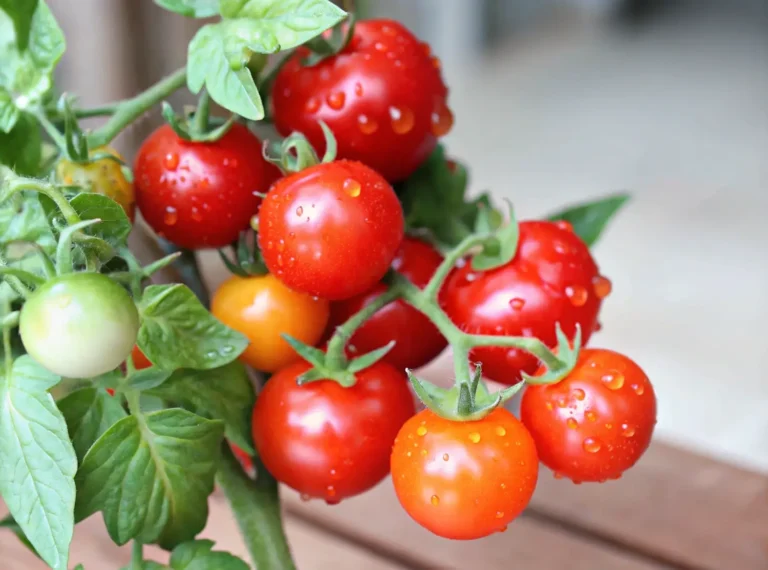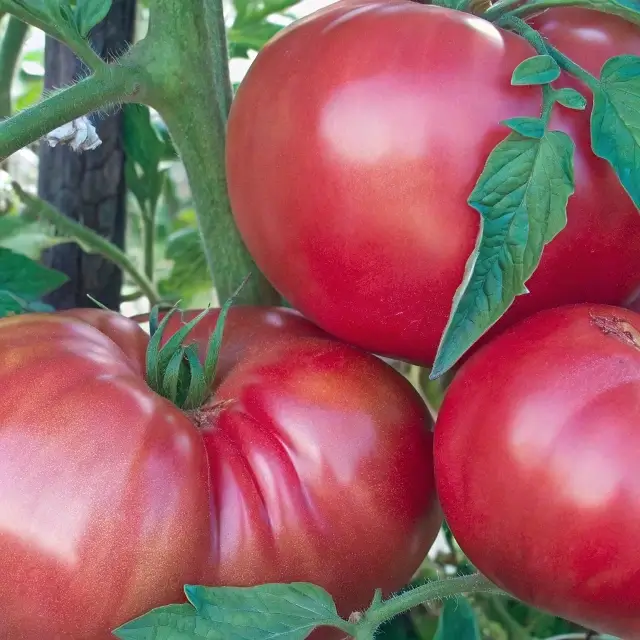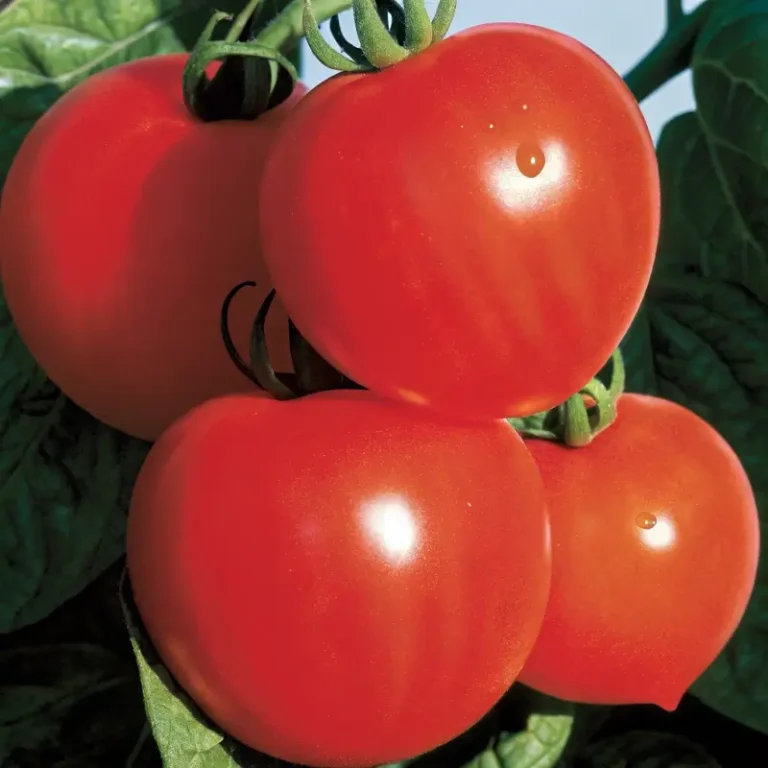SunGold vs SunSugar Tomatoes: 5 Reasons to Pick the Best One
Table of Contents
Introduction
Did you know that over 60% of home gardeners struggle to choose between SunGold and SunSugar tomatoes for their summer harvests? These two golden cherry tomato varieties have sparked heated debates among gardening enthusiasts, with each claiming superiority in flavor, productivity, and disease resistance. When comparing SunGold vs SunSugar tomatoes, the distinctions may seem subtle at first glance, but understanding their unique characteristics can significantly impact your gardening success and culinary experiences. Whether you’re planning your spring garden or searching for the perfect sweet tomato for your recipes, this comprehensive comparison will help you make an informed decision based on tangible differences rather than garden myths.
Variety Characteristics
SunGold Tomatoes
- F1 hybrid variety developed by Thompson & Morgan
- Bright tangerine-orange color when ripe
- 1-inch round fruits growing in clusters
- High sugar content (Brix rating 9.5)
- Resistant to fusarium wilt, leaf mold, tomato mosaic virus
- Indeterminate growth habit (continuous production)
- 57-65 days to maturity
SunSugar Tomatoes
- F1 hybrid variety from Tokita Seed Company
- Golden-orange color with slightly darker hue
- Slightly smaller fruits (¾-inch) with thin skins
- Very high sugar content (Brix rating 10+)
- Resistant to cracking and fusarium wilt
- Indeterminate growth habit
- 62-70 days to maturity
Substitution note: If neither variety is available, try ‘Sungella’ or ‘Sweet Million’ as alternatives with similar sweet profiles.
Growing Timeline
Growing either SunGold or SunSugar tomatoes takes approximately 100-120 days from seed to harvest, which is 15% faster than traditional beefsteak varieties. Here’s a breakdown:
- Seed starting indoors: 6-8 weeks before last frost
- Hardening off: 7-10 days
- Transplanting outdoors: After danger of frost has passed
- Time to first harvest: 57-70 days after transplanting
- Full production period: 2-3 months of continuous harvesting
Step-by-Step Growing Instructions
Step 1: Starting Seeds
Start seeds indoors 6-8 weeks before your last frost date. Plant seeds ¼ inch deep in seed-starting mix and maintain soil temperature at 70-75°F for optimal germination. SunGold seeds typically germinate 12-24 hours faster than SunSugar in controlled conditions.
Step 2: Transplanting Seedlings
When seedlings reach 6-8 inches tall with 2-3 true leaf sets, transplant them outdoors in fertile, well-draining soil. Space plants 24-36 inches apart. SunSugar plants benefit from slightly more space due to their expansive growth habit compared to SunGold.
Step 3: Supporting Plants
Install cages or stakes at planting time. Both varieties grow to 5-7 feet tall, with SunSugar often reaching the upper range in ideal conditions. Using red plastic mulch has been shown to increase yields by 20% in university trials for both varieties.
Step 4: Watering and Feeding
Provide 1-2 inches of water weekly, keeping soil consistently moist. Feed with balanced organic fertilizer (5-5-5) at planting, then switch to a lower-nitrogen formula (2-5-5) when fruits begin to set. SunGold varieties typically require 15% more calcium to prevent blossom end rot compared to SunSugar.
Step 5: Harvesting
Harvest when fruits reach full color development. SunGold tomatoes should be tangerine-orange, while SunSugar tomatoes display a deeper golden-orange hue. Pick every 1-2 days during peak season to encourage continued production.
Nutritional Information
Both varieties offer exceptional nutritional profiles, but with notable differences:
| Nutrient (per 100g) | SunGold | SunSugar |
|---|---|---|
| Calories | 30 | 28 |
| Vitamin C | 32mg (35% DV) | 29mg (32% DV) |
| Vitamin A | 1500 IU | 1700 IU |
| Lycopene | Lower | Higher |
| Beta-carotene | Higher | Moderate |
| Sugar content | 9.5 Brix | 10+ Brix |
SunGold tomatoes contain approximately 20% more beta-carotene than SunSugar, while SunSugar offers slightly higher lycopene content despite its golden color.
Healthier Growing Alternatives
To maximize health benefits and sustainability with either variety:
- Use organic growing methods instead of synthetic fertilizers
- Implement companion planting with basil to increase essential oil content in tomatoes by up to 10%
- Apply diluted seaweed solution bi-weekly to increase mineral density
- Grow in raised beds with compost-enriched soil to improve nutrient uptake
- Consider grafting onto disease-resistant rootstock for chemical-free disease management
Culinary Applications
Both varieties excel in different culinary contexts:
SunGold Shines In:
- Fresh salads (maintains firmness longer)
- Roasting (caramelizes beautifully due to higher sugar concentration)
- Preserving (less likely to burst during canning)
- Pasta dishes (holds shape when lightly cooked)
SunSugar Excels In:
- Fresh eating (thin skins make for immediate flavor burst)
- Sauces (breaks down more readily)
- Drying (concentrates sugars exceptionally well)
- Freezing (maintains flavor better when thawed)
Common Growing Mistakes to Avoid
- Inconsistent watering: Both varieties are prone to splitting when water fluctuates, with SunSugar being 25% more susceptible to cracking.
- Insufficient support: These vigorous indeterminate plants can collapse without proper staking or caging.
- Overcrowding: Poor air circulation reduces yields and increases disease susceptibility.
- Late-season neglect: Both continue producing until frost if properly maintained.
- Harvesting unripe fruits: Full color development is essential for maximum sweetness, especially for SunGold varieties.
Storage Tips
Both varieties store differently post-harvest:
- SunGold: Maintains quality for 5-7 days at room temperature; refrigeration extends shelf life to 10-14 days but slightly diminishes flavor.
- SunSugar: Best when consumed within 3-5 days of harvest; thin skins make refrigeration less effective, reducing quality after a week.
- For both varieties: Never refrigerate before fully ripening as temperatures below 55°F halt the ripening process and degrade flavor compounds.
Conclusion
When comparing SunGold vs SunSugar tomatoes, your choice ultimately depends on your priorities. Choose SunGold for longer shelf life, disease resistance, and consistent production. Opt for SunSugar if maximum sweetness, thin skins, and exceptional fresh-eating quality are your priorities. Many experienced gardeners grow both varieties to enjoy their complementary qualities throughout the season. Whichever you select, these golden gems will transform your garden harvest and culinary creations with their exceptional flavor and versatility.
FAQs
Can SunGold and SunSugar tomatoes cross-pollinate?
Yes, they can cross-pollinate, but this only affects seeds saved for next season, not the current season’s fruits. To maintain variety purity, separate plants by at least 20 feet or use blossom bags for seed saving.
Why are my SunGold/SunSugar tomatoes splitting?
Splitting typically results from inconsistent watering. Maintain even soil moisture with mulch and regular watering. SunSugar varieties are approximately 25% more prone to splitting than SunGold due to their thinner skins.
Are these varieties determinate or indeterminate?
Both are indeterminate varieties, meaning they continue growing and producing until killed by frost. This growth habit allows for harvest periods extending 2-3 months in most climates.
Which variety performs better in containers?
SunGold generally performs better in containers due to its slightly more compact growth habit and higher disease resistance in restricted growing conditions. Use minimum 5-gallon containers for either variety.
Do these varieties need special fertilizer?
Both benefit from balanced organic fertilizer early in the season, followed by lower-nitrogen, higher-potassium formulations when fruiting begins. SunGold varieties typically require slightly more calcium supplementation to prevent blossom end rot.


